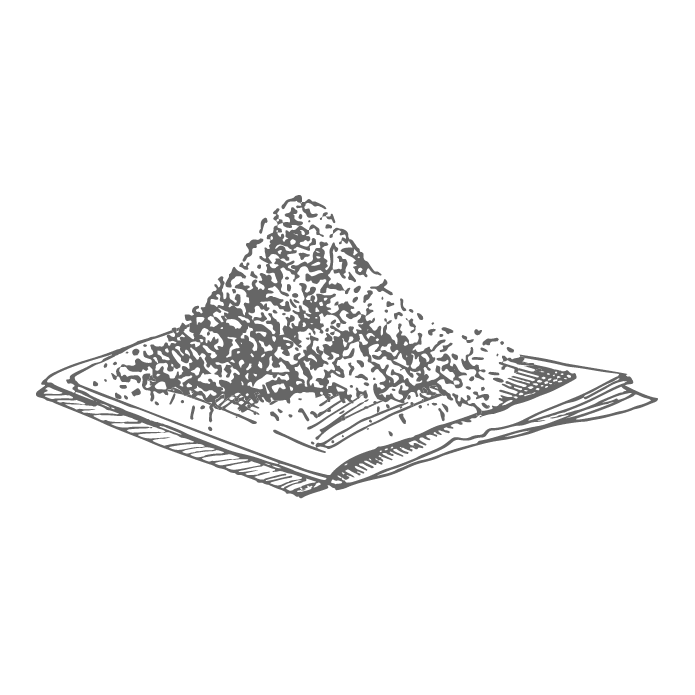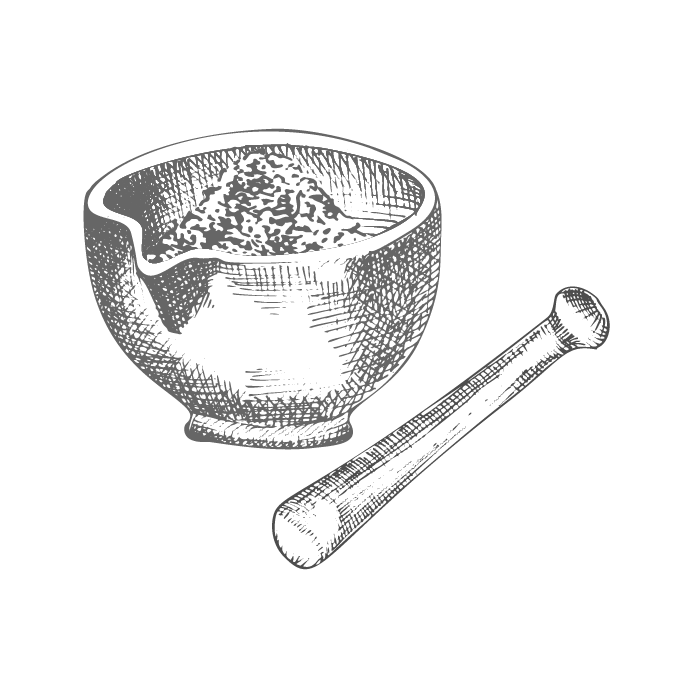Have you ever wondered why we take your pulse on both wrists when you have an appointment with us?
In Chinese Medicine, the pulse is a complex diagnostic tool – and no, we aren’t just feeling for your heart rate! There are actually six distinct pulses we are observing during your consult. Each one corresponds to one of the Zang organs (the organs with the responsibility of storing, transforming, and transporting our qi and essence).
The 6 pulses are:

Lung – Right hand side cun position
Spleen – Right hand side Guan position
Kidney (Yang) – Right hand side chi position
Heart – Left hand side cun position
Liver – Left hand side Guan position
Kidney (Yin) – Left hand side chi position
As you may be aware, the pulse is easily affected by things like stress or exercise so we try to take your pulse as late as we can in the hopes we are reading it while you are calm and at rest.
If you are in perfect health (this is very rare!) your pulses will be at the mid-level of your wrist (we won’t have to press too firmly to feel them but we will have to press in a bit). They will have a good force, be smooth, even and moderate. Anything less or more may indicate something is off with the balances of your body. Here are some examples we look out for and what they tell us about your condition:
| Pulse Quality | Description | Indication | Common Accompanying Symptoms |
| Shallow | Pulse is felt with only light pressure | External conditions –
+ tight = wind cold + fast = wind heat |
– Cough (often dry)
– Hot flushes – Constipation – Increased thirst – Chills – Mucous (nasal) |
| Deep | Pulse is only felt with extra pressure | Internal conditions –
+ weak = qi and yang deficiency + slow = internal cold + full = qi and blood stagnation |
– Fatigue
– Catches colds easily – Palpitations – Cold hands and feet – Hair loss – Poor memory and/or concentration – Dysmenorrhoea – Irregular menstruation |
| Weak | No force felt behind the beats | Qi deficiency, deficiency of the organ which corresponds to the position | – Fatigue
– Catches colds easily – E.g right side guan = Bloating, Fatigue, Foggy in the morning, Heavy feeling in the limbs, Excessive mucous, Loss of appetite and/or nausea |
| Thready | Feels like a piece of thread sitting on water | Blood deficiency | – Easily cold/gets chills
– Irregular menstruation – Cold hands and feet |
| Slippery | Rolling under pressure – like beans in a bowel | Dampness, period or pregnancy, food stagnation | – Expectorating cough
– Arthritis – Foggy in the morning – Heavy feeling in the limbs – Bloating |
| Wiry | Tense and thin | Pain and/or phlegm | – Pain
– Expectorating cough |
| Taut | Like a string/piece of wool pulled tight | Stress, Pain, food retention or excess cold with stagnation | – Pain
– Stressed – Stiff joints – Abdominal discomfort |
| Hollow | Feels like the end of a spring onion – can feel at superficial and deep but is hollow in the middle | Blood deficiency or possibly blood loss | – Palpitations
– Hair loss – Poor memory and/or concentration |
| Hidden | Difficult to feel, seems to move when you find it | Cold or blood stagnation | – Body aches
– Dysmenorrhoea (period pain) – Varicose veins – Irregular menstruation |
| Rapid | Fast – more than 5 beats per breath | + empty = yin deficiency or
+ full = heat excess |
– Cough (often dry)
– Hot flushes – Constipation – Increased thirst |
| Slow | Slow – less than 4 beats per breath | + empty = yang deficiency or
+ full = cold excess |
– Cough
– Chills – White mucous |
| Large | Diameter is broad | Yang excess | – Extreme thirst
– Fever – Aversion to heat |
| Short | Length does not span the whole finger tip | Qi deficiency and/or excessive heat | – Fatigue
– Catches colds easily – Cough – Fever |
| Choppy | Isn’t flowing smoothly | Blood stagnation and/or blood deficiency | – Body aches
– Dysmenorrhoea (period pain) – Varicose veins – Irregular menstruation – Heart palpitations |
Please remember that sometimes in Chinese Medicine the terminology we use can sound scarier when put through a western medicine lens. For example, what I call blood stagnation may sound like I mean you have a clot but in reality, we use this term to describe someone who’s circulation could be improved or who is experiencing pain caused by injury.
Just because your pulse has one of the qualities above does not necessarily mean you will get all or even any of the symptoms listed. This table is designed to increase your knowledge, not to alarm you so please, if you have any questions or concerns, reach out to us! We are always happy to answer your questions; try my email: eve@rebalancetcm.com or our Facebook page: https://www.facebook.com/Rebalancetcm
Dr Eve (TCM) is now in the clinic Tuesday, Thursday and Sunday afternoon so use the link below to book in 😊
https://www.rebalancetcm.com/bookings/
Please give us a call on 0412 789 772 to speak with us about how we can assist you with your health journey.
References:
Kuoch, D. J. (2011). Acupuncture Desk Reference (2nd ed.). Acumedwest Inc.
Liao, W., Dang, C., & Pan, W. (2017). The Brief Theory of Viscus and Its Manifestations in Traditional Chinese Medicine. Integrative Medicine International, 4(1–2), 13–18. https://doi.org/10.1159/000455853



